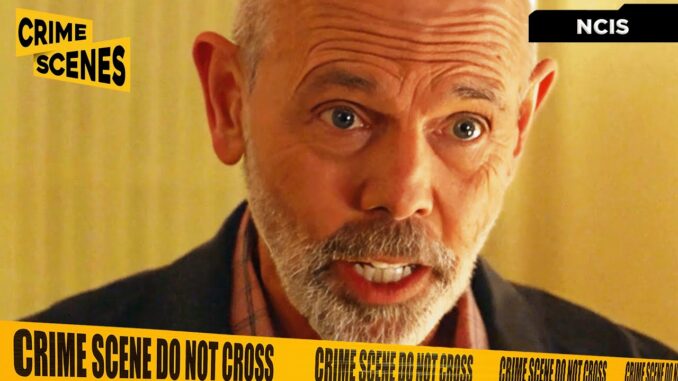
The silence in Julian’s penthouse was not the quiet repose of sleep, but the heavy, unnatural hush of cessation. The air, thick with the ghost of last night’s revelry—stale liquor, expensive perfume, and the faint, sickly-sweet tang of synthetic opioids—seemed to cling to every surface. Julian himself lay sprawled on a Persian rug, one arm flung out, the other bent awkwardly beneath him. A glass, overturned, glistened with residual amber liquid, and a scattering of white powder like fallen snow dusted the polished mahogany of a nearby coffee table. Beside it, a syringe, glinted dully under the morning light.
When the paramedics arrived, their movements were practiced, almost ritualistic. They knew this scene. It was a tableau of opulence and self-destruction, a familiar narrative in a city where excess was both currency and curse. They saw the dilated pupils, the ashen pallor, the faint, blue tinge around the lips. They noted the classic signs of respiratory depression, the final, desperate surrender of a body overwhelmed. "Another one," one of them murmured, shaking his head with a weariness born of countless similar calls. The police, when they came, took notes, snapped photos, and cataloged the paraphernalia. The initial report was already forming in their minds: Accidental overdose. A tragic, predictable end for a man who lived fast and played hard. It looked like an overdose. It smelled like an overdose. It was, to all outward appearances, a grim testament to the perils of indulgence.
But appearances, as any seasoned detective knows, can be the most cunning of deceptions. Detective Harding, a man whose weary eyes had seen too many human endings, felt a whisper of dissonance. Julian Vance was known, yes, for his hedonistic streak, but also for a sharp, almost obsessive control over his life, his finances, his image. He was a meticulous man, even in his vices. Harding walked the room slowly, his gaze lingering not on the obvious, but on the subtle aberrations. The overturned glass was too perfectly placed, as if choreographed. The syringe, nestled innocently beside the powder, seemed almost too clean, its plunger still slightly depressed as if recently used, yet devoid of the sticky residue one might expect from a rapid, panicked self-administration. And then there were Julian’s eyes. Even in death, they held a faint, unsettling wide-ness, a fixed horror that seemed to transcend the typical vacant stare of an overdose victim. It was a look not of surrender, but of sudden, stark realization.
The forensic team, called in by Harding’s quiet insistence, peeled back the layers of the illusion. They found no track marks on Julian’s arm consistent with habitual injection. The single, fresh puncture wound was too precise, too clinical. Chemical analysis revealed not a cocktail of recreational drugs, but a precise, lethal dose of a potent sedative, expertly combined with a trace amount of another substance designed to mimic the exact physiological response of a heroin overdose. It wasn't about the quantity; it was about the insidious precision. The timing, the combination, the method of administration—it was all too perfect, too deliberate to be an accident. Julian Vance hadn't died chasing a high; he had been delivered a carefully crafted death.
The cold truth, when it finally emerged, was more chilling than any accidental tragedy. It wasn't the impulsivity of a desperate user, but the calculating intent of a predator. The motive was as ancient as ambition itself: money, power, and the quiet, gnawing resentment of a trusted associate. Julian’s partner, a man whose handshake was as firm as his smile was sincere, had been systematically bleeding the company dry, using Julian's fast-paced lifestyle as a smokescreen. When Julian, with his unexpected return to sobriety and his meticulous eye for detail, began to uncover the discrepancies, he became a liability. The "overdose" was a final, macabre flourish, a perfectly staged exit designed to silence a threat and cement a fortune, all while painting the victim as the architect of his own demise.
What looked like an overdose was cold-blooded murder. The revelation stripped away the veneer of tragedy, replacing it with the brutal, sharp edges of betrayal. The silent room, once whispering tales of debauchery, now screamed of calculated malice. The scattered powder was not merely a symbol of a life consumed by addiction, but the meticulously placed dust of a crime scene. Julian Vance had not succumbed to his demons; he had been silenced by someone else’s. And in that chilling transformation, the true horror lay: not in the chaos of addiction, but in the serene, unfeeling precision of human evil.